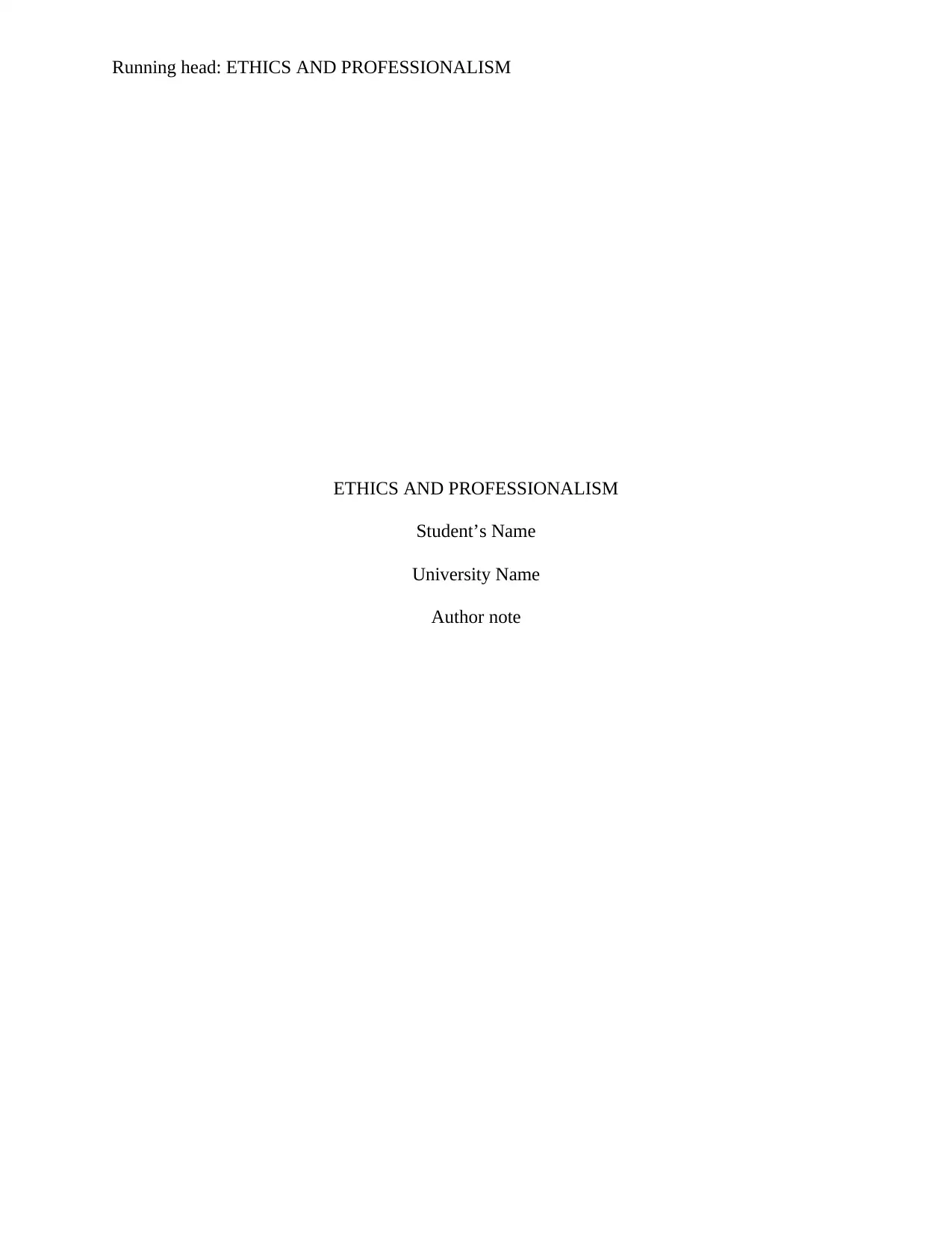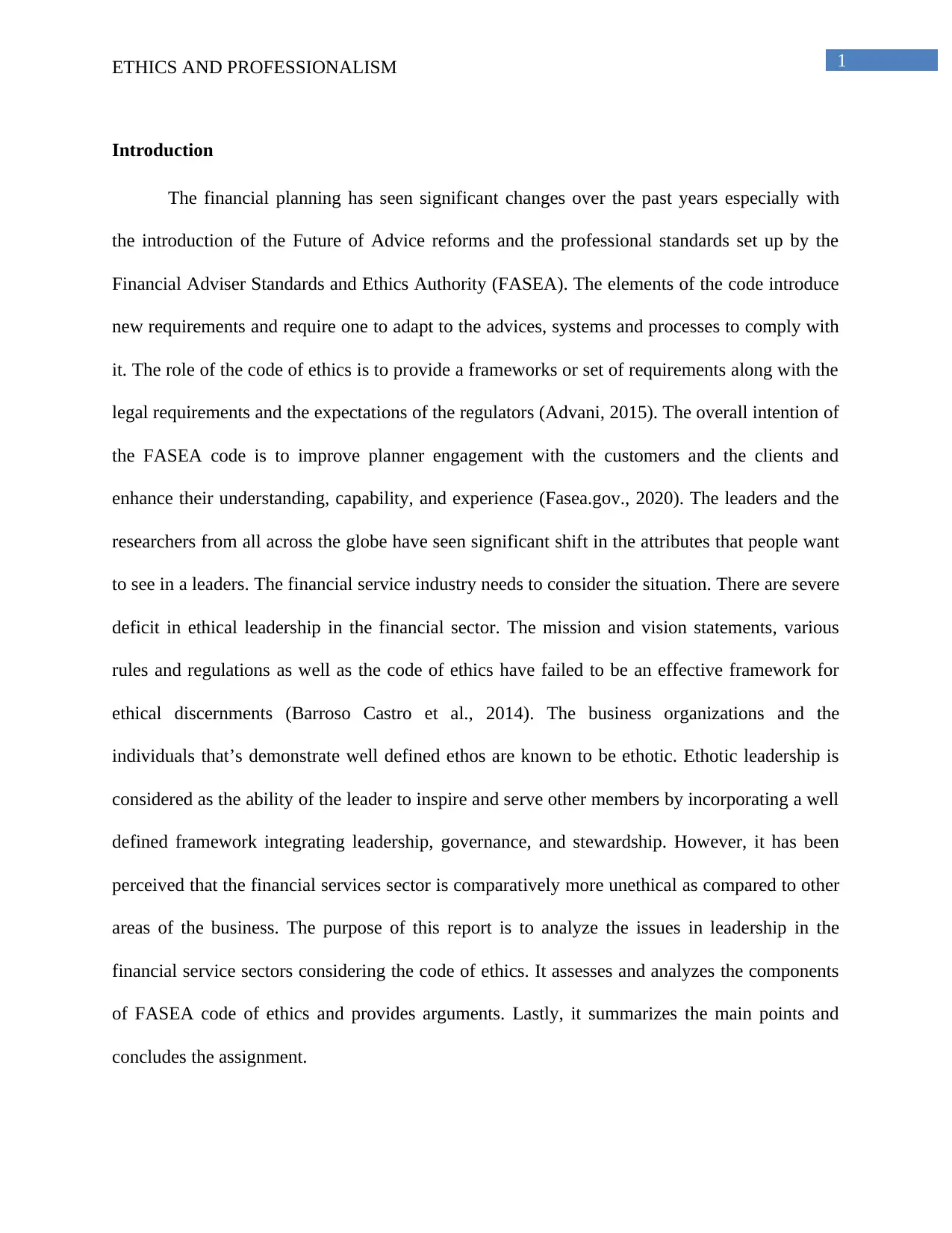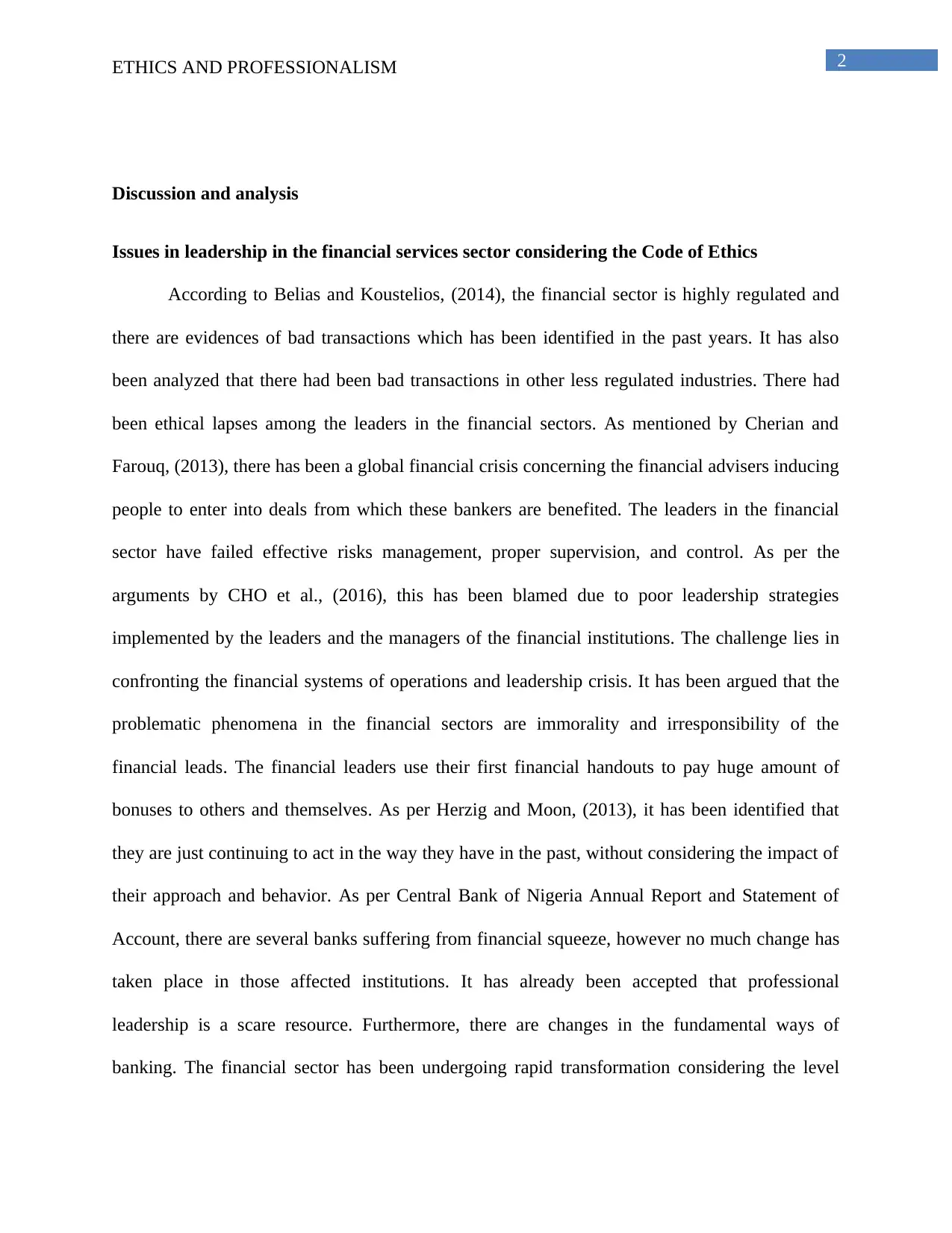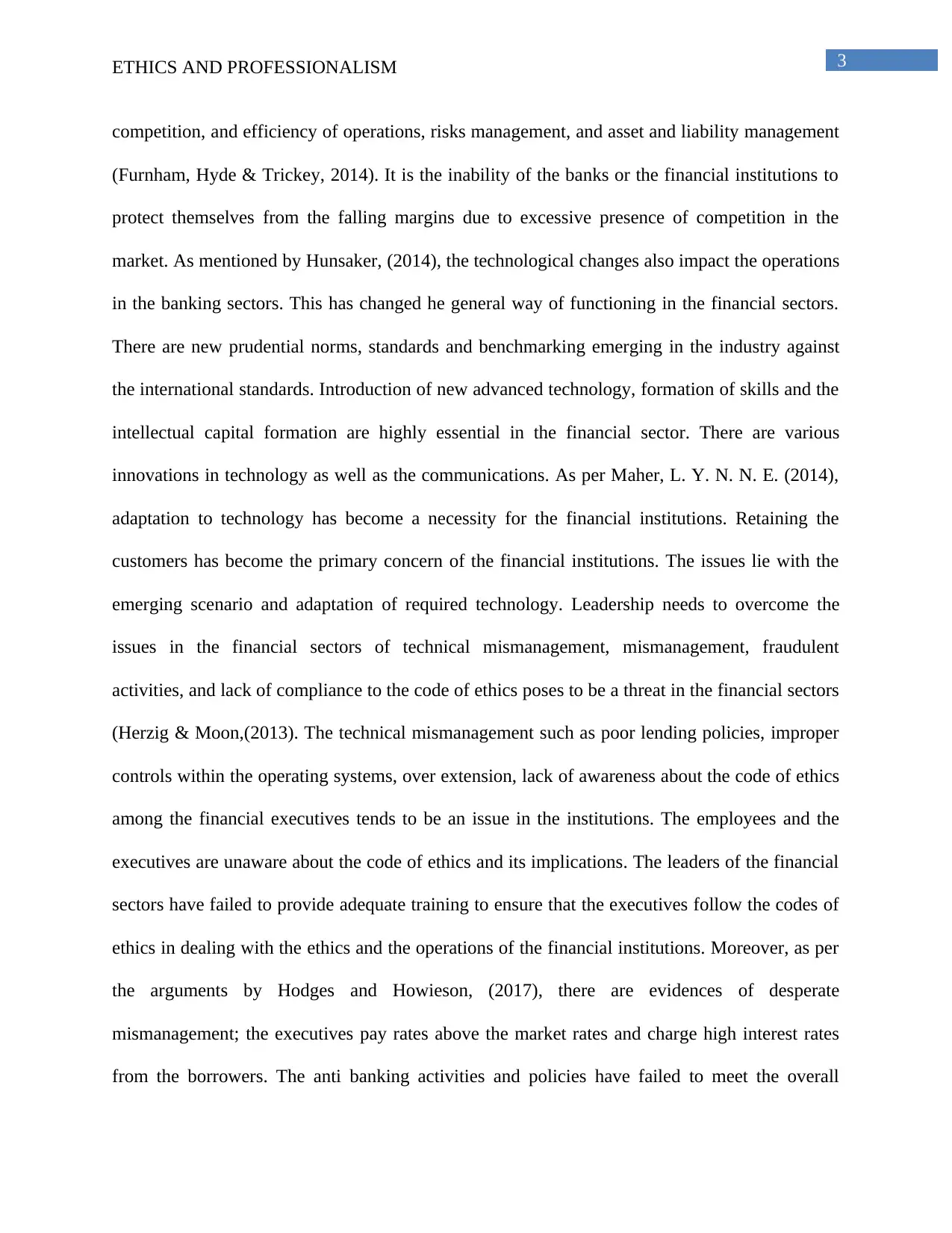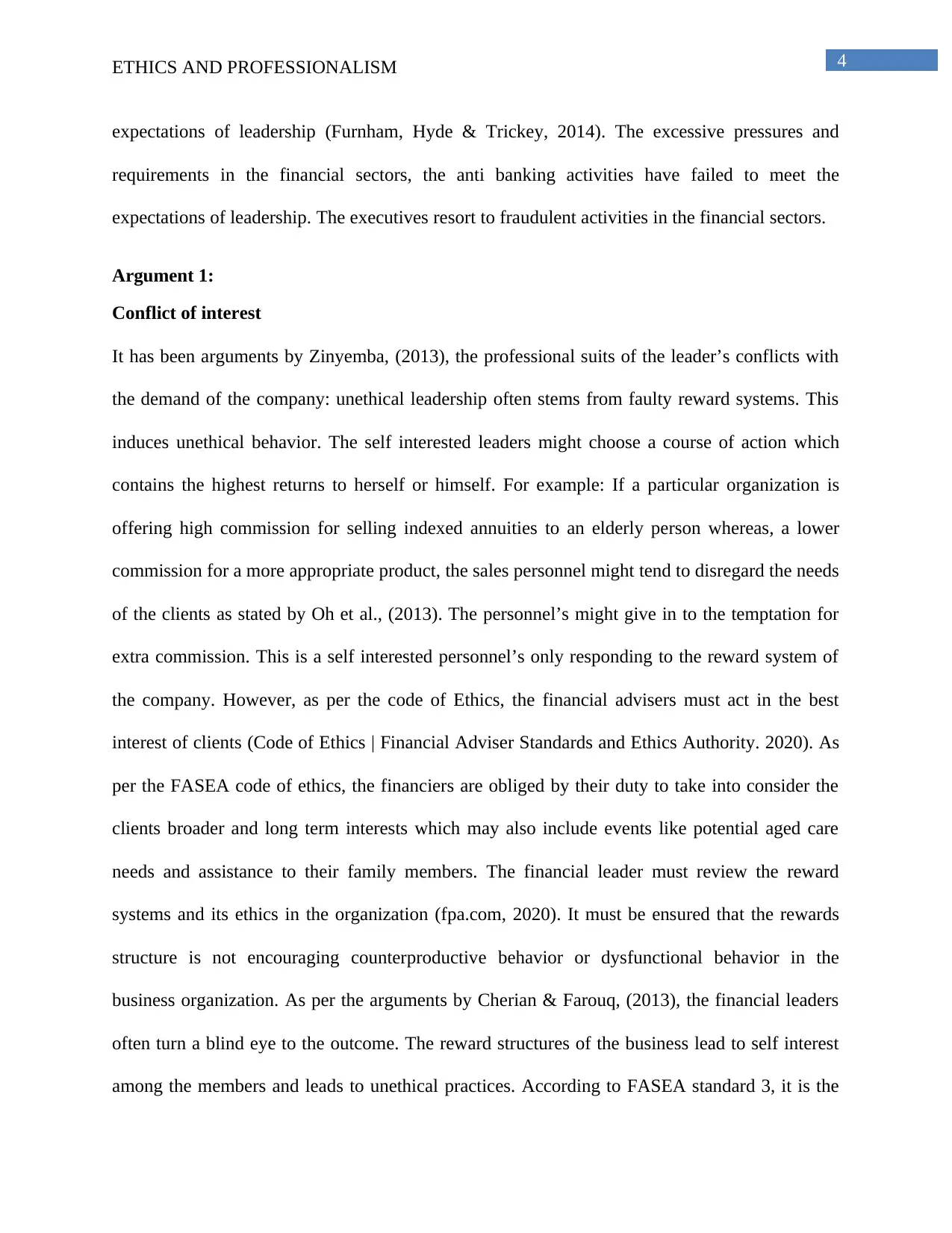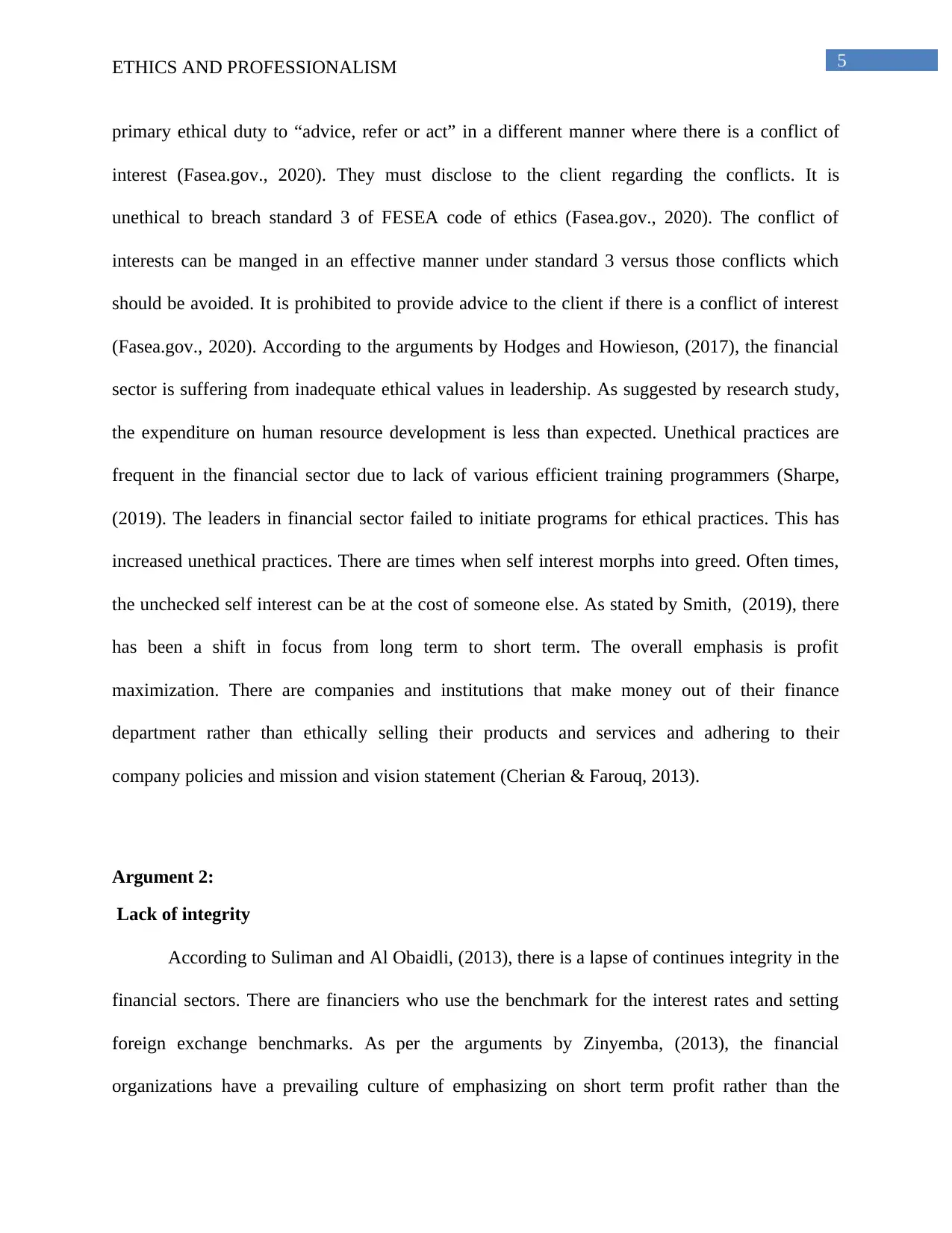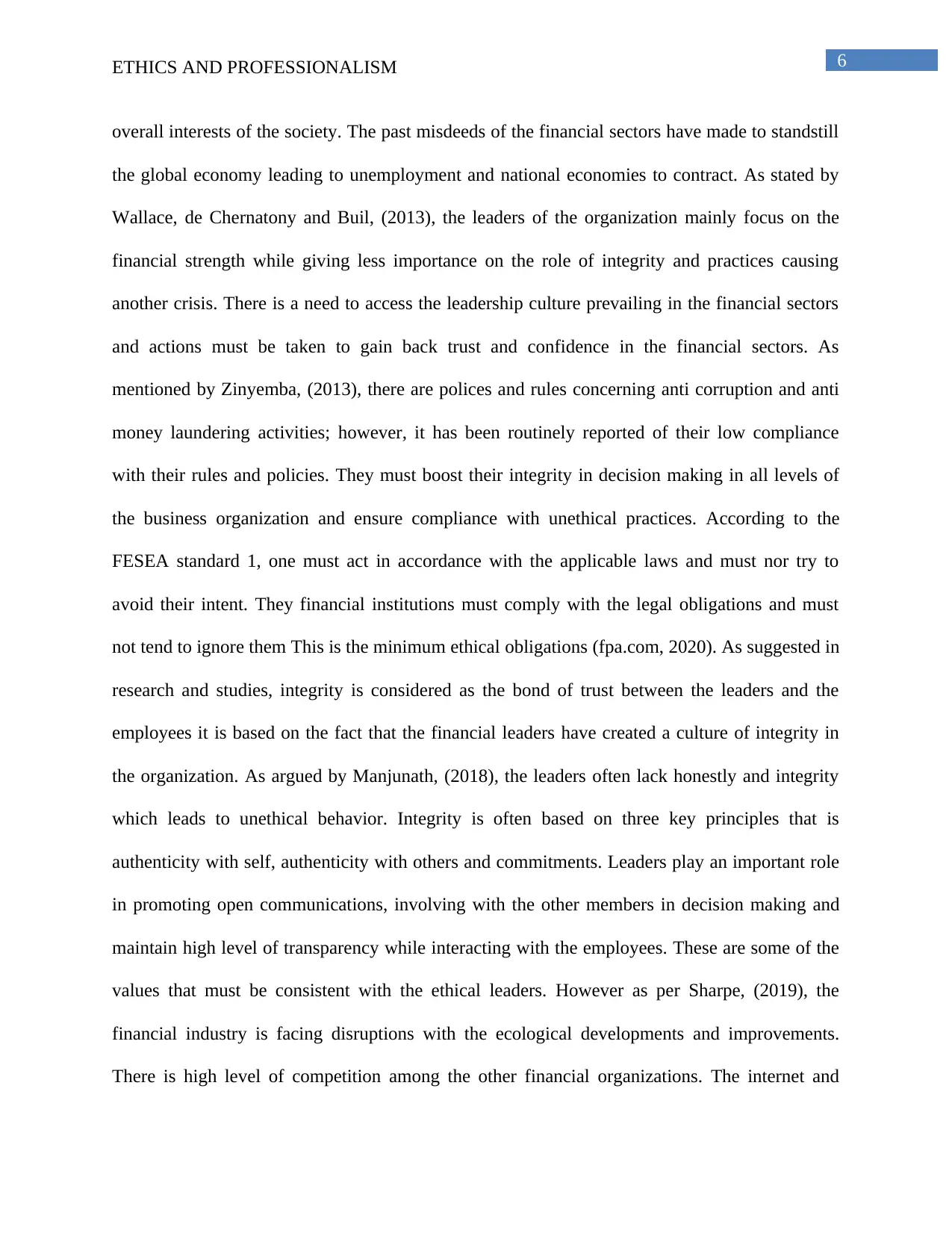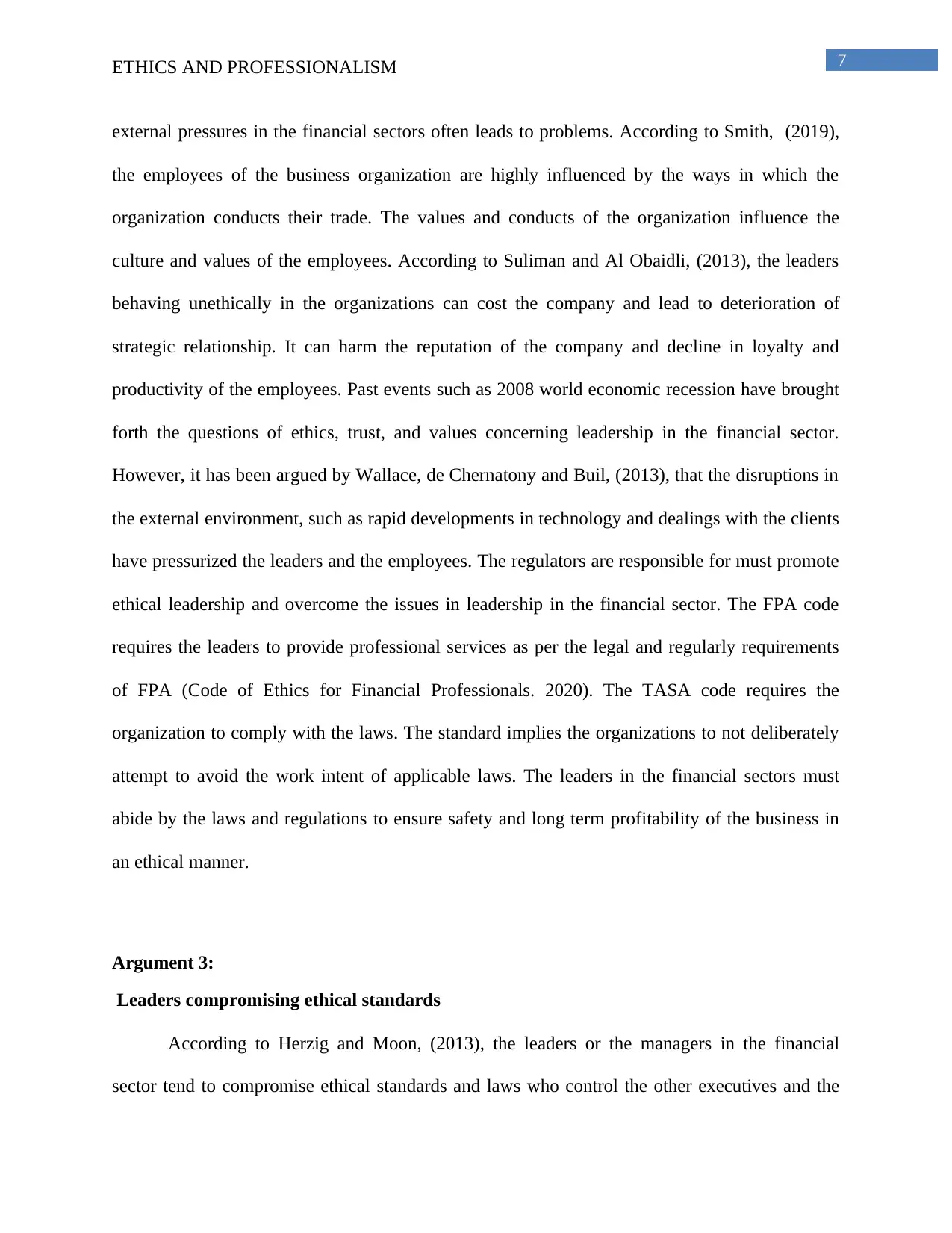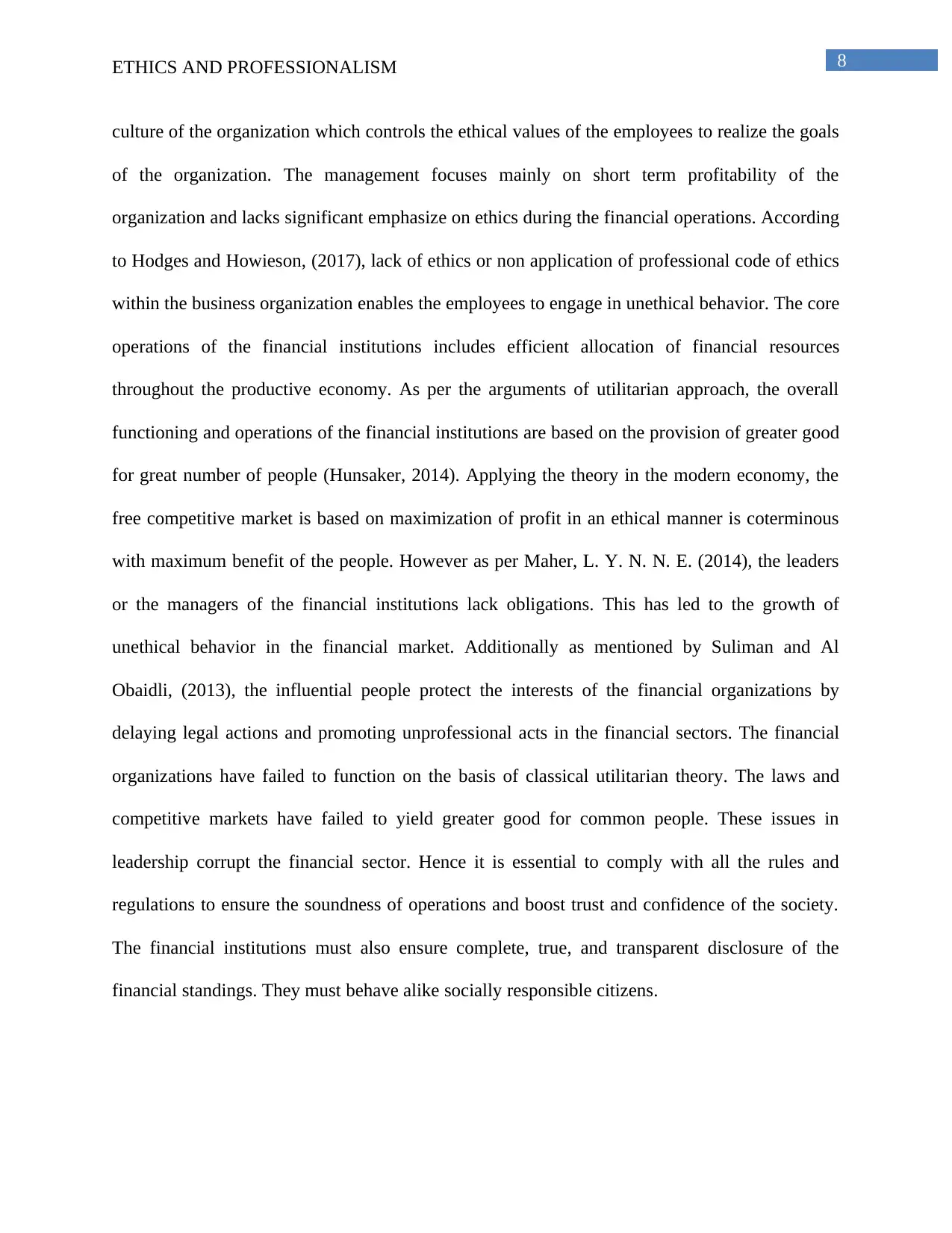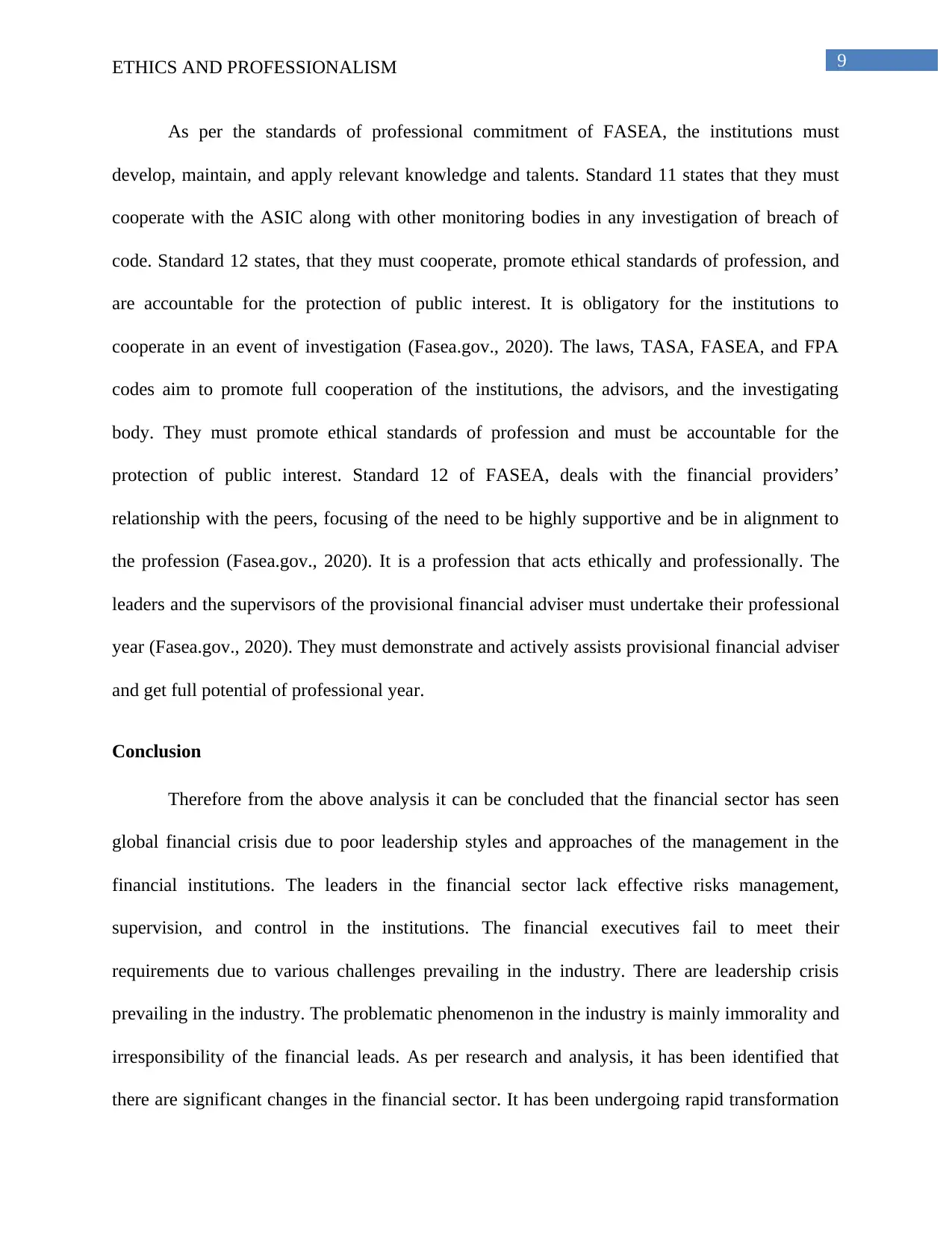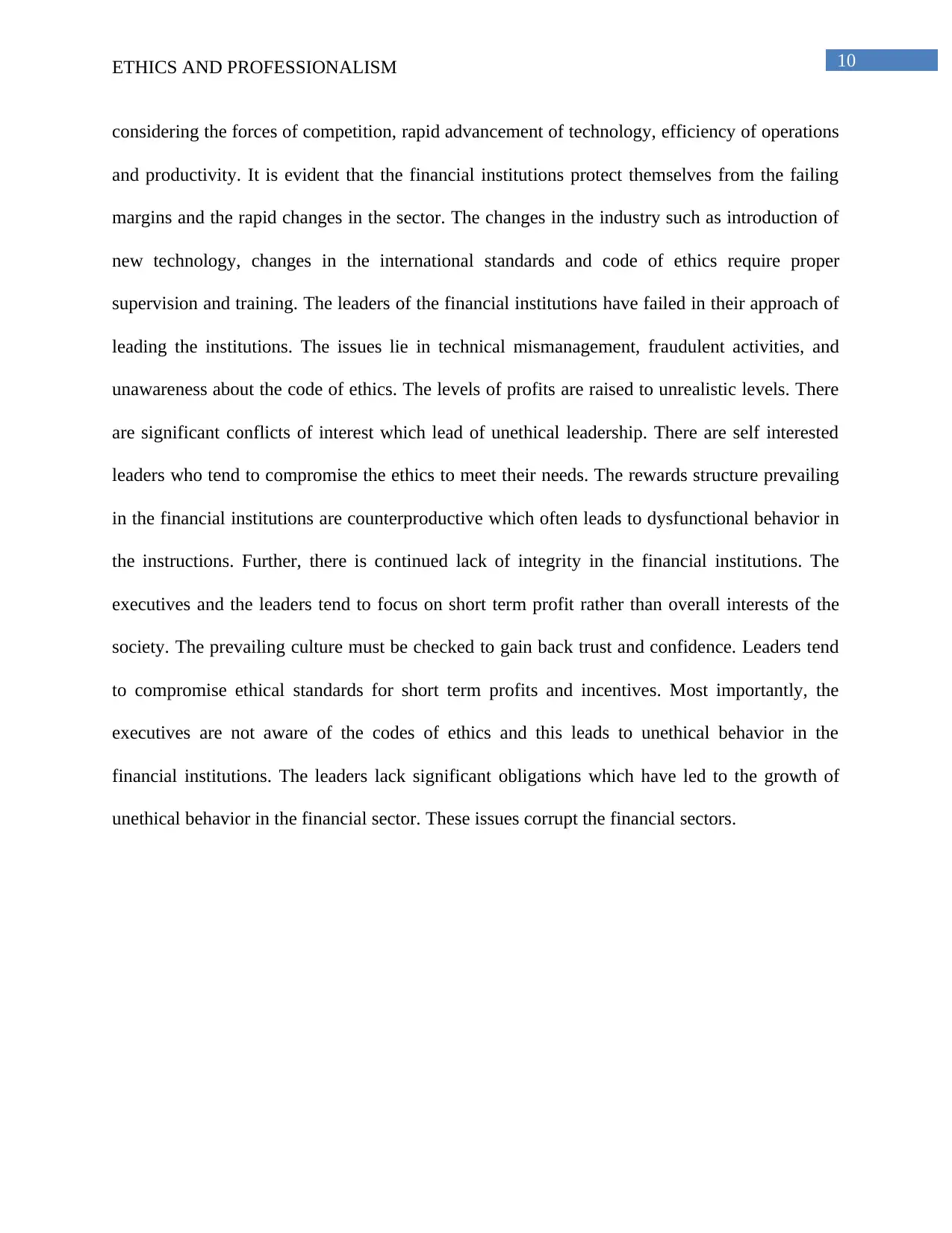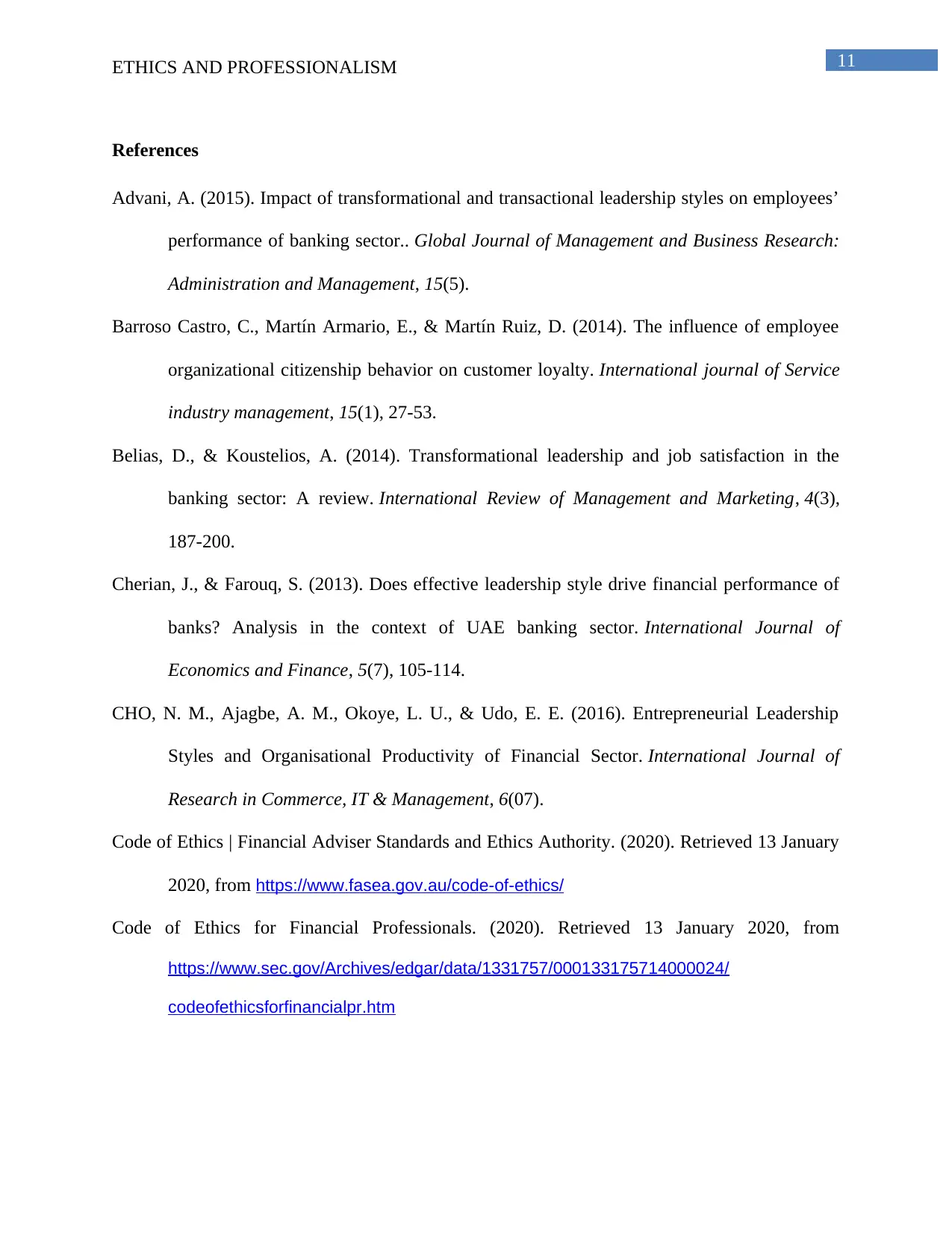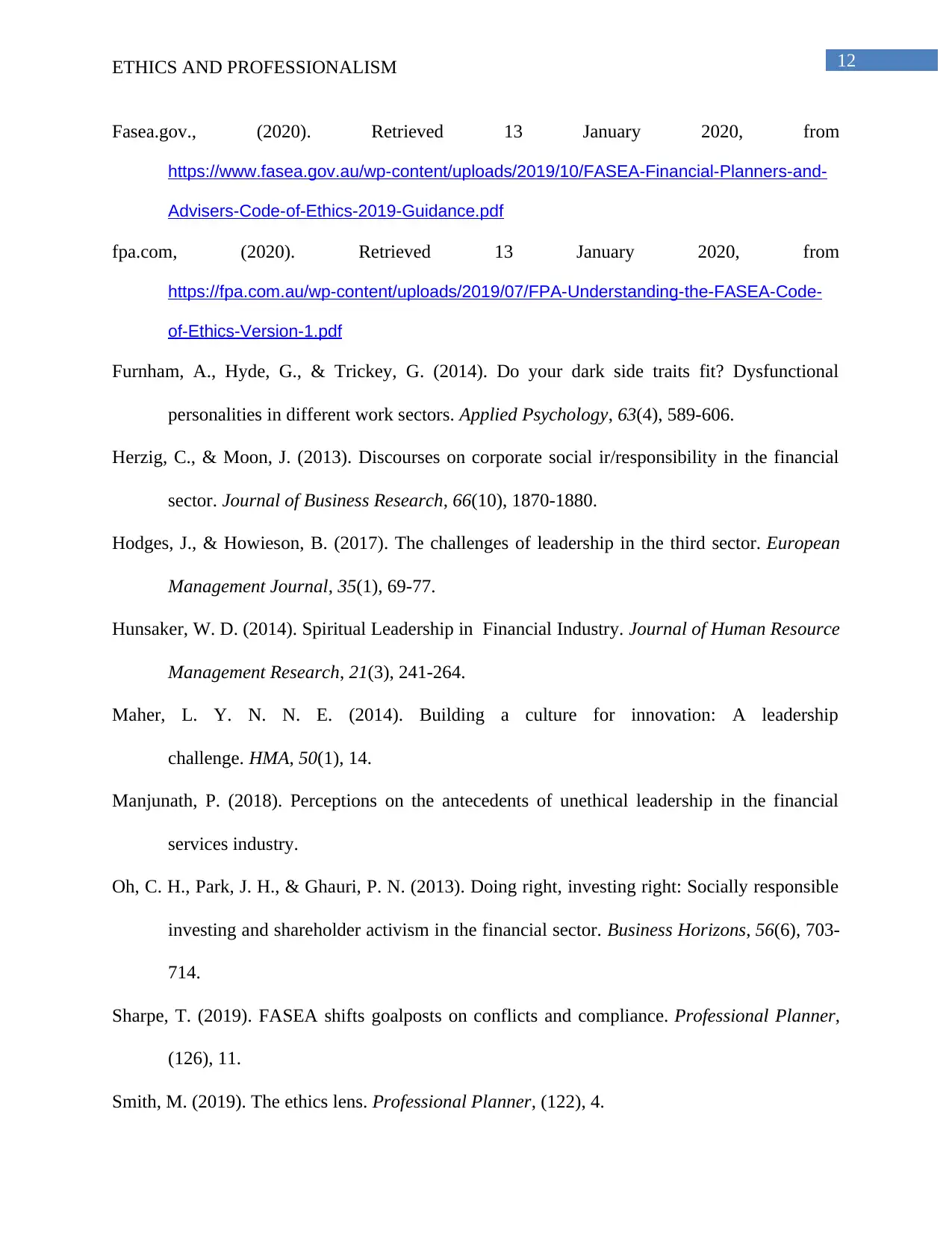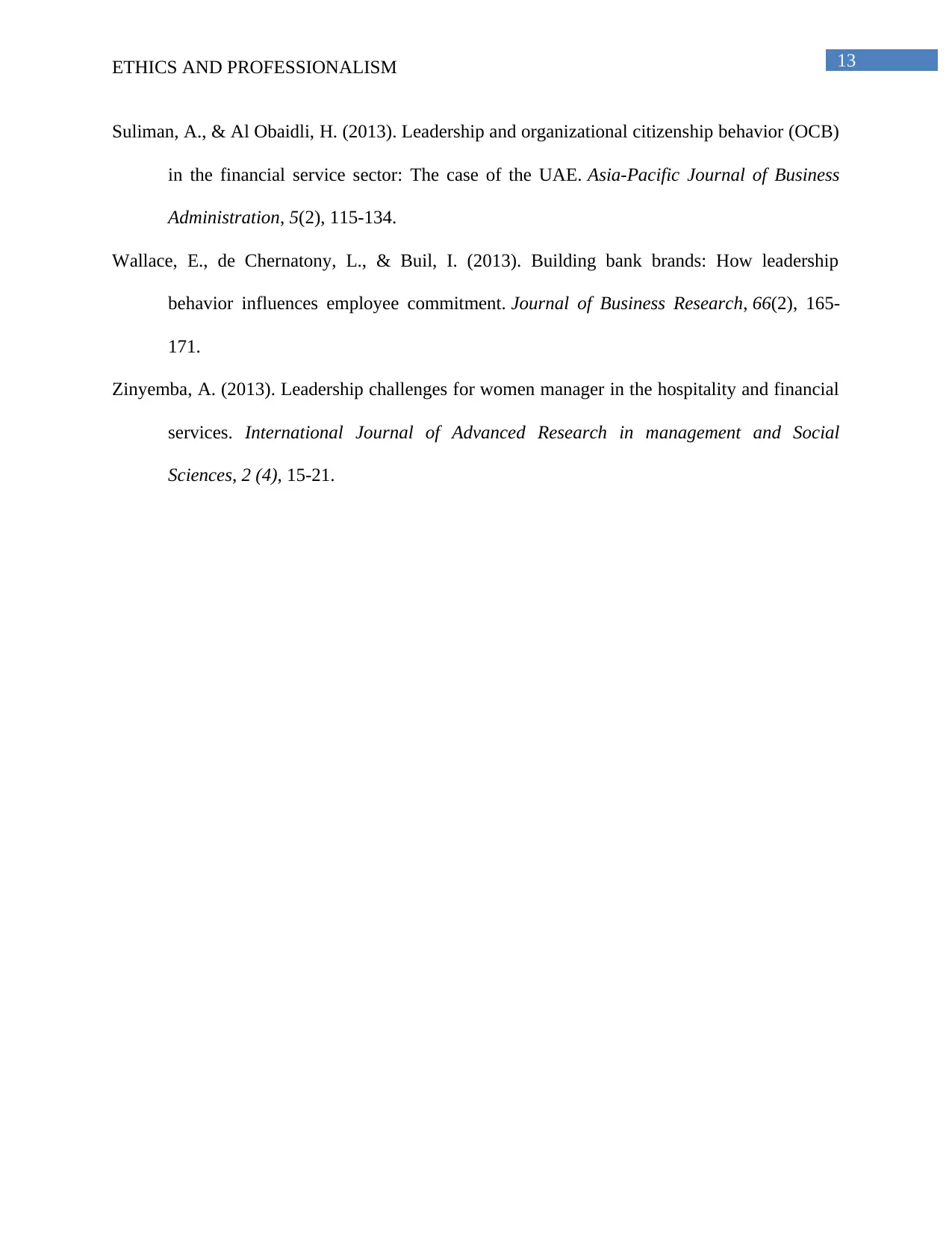Topic for the research paper - Issues in leadership in the financial services sector in considering the Code of Ethics Research requirements: Level of detail of assessment of 3 or more components of the FASEA code of ethics as relevant to the research topic. Use of at least 25 academic journal articles to support the key argument of the paper Use of at least 10 government reports/regulations Clarity of the key argument of the paper Communication of financial advice or financial sector structure with relevance to the research paper topic Paper communication quality is such that it could be published in an appropriate academic journal or quality industry publication You should include in your assignment: Introduction Three arguments Conclusion References
![[object Object]](/_next/static/media/star-bottom.7253800d.svg)
![[object Object]](/_next/static/media/star-bottom.7253800d.svg)
